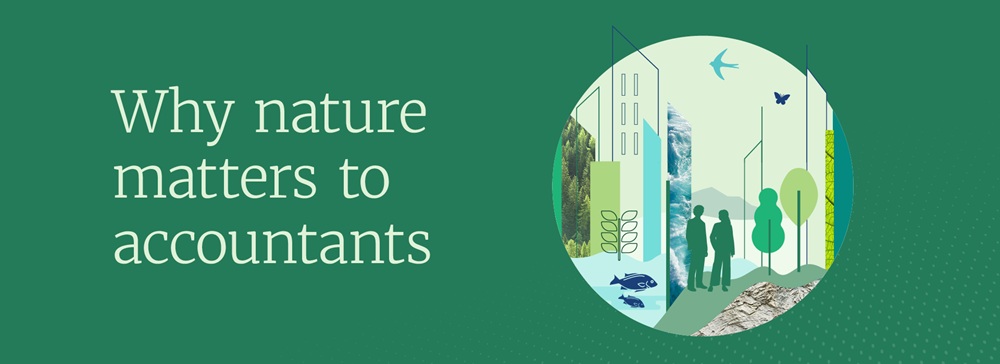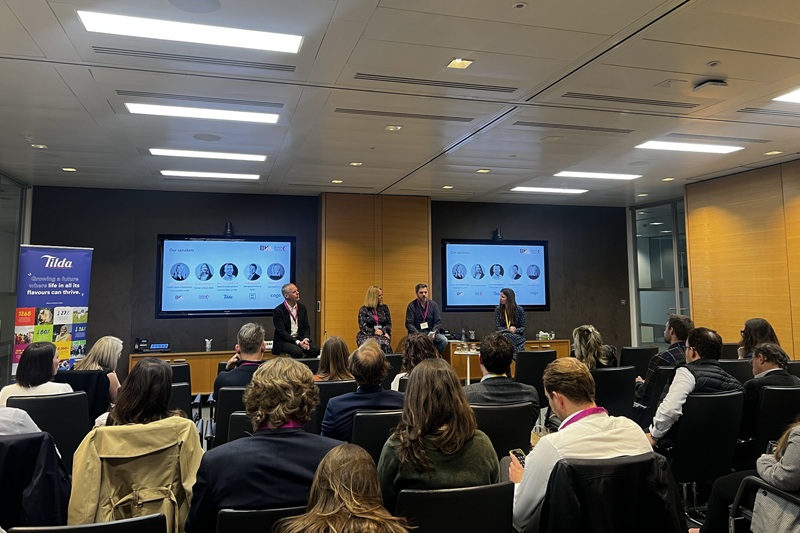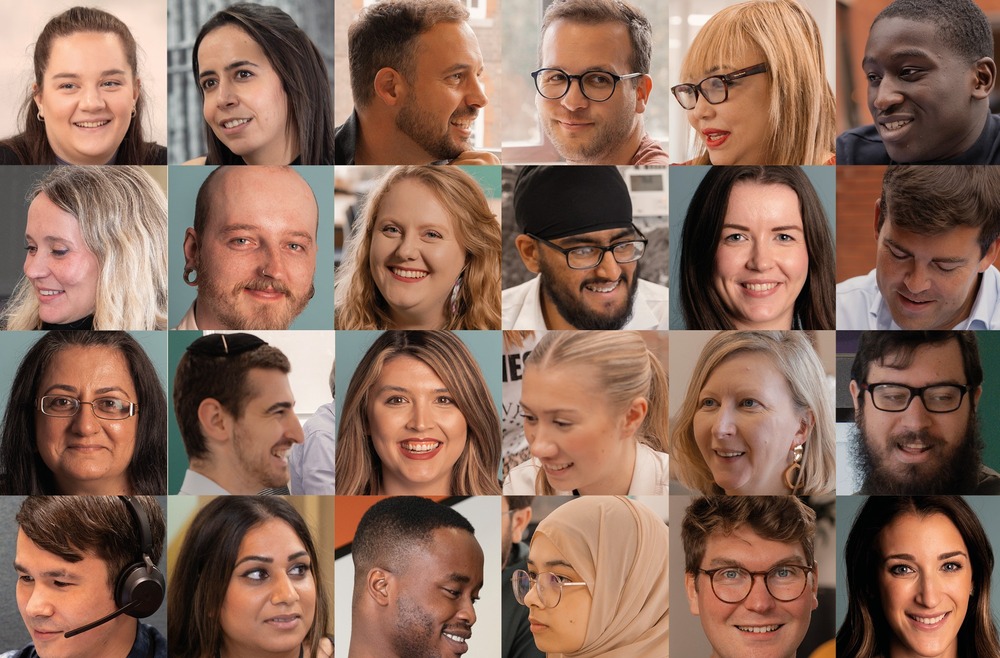Myfanwy Neville, BKL’s Head of Governance and Sustainability, shares tips on how to talk to clients and internal teams about the risks and opportunities associated with nature.
Five key tips
1. Importance of water: Start discussions with clients about nature by focusing on water-related issues, which are easier to grasp and highly relevant to many sectors, including construction.
2. Board engagement: Highlight the necessity for board members to understand and manage nature-related risks, even if they seem outside the immediate risk window.
3. Data quality: Emphasise the need for good, assurable data collection, especially from SMEs, to ensure accurate reporting on nature-related impacts.
4. Sector-specific solutions: Recognise that while some nature-related risks are universal, solutions must be tailored to specific sectors.
5. Training and awareness: Stress the importance of training SMEs to collect and report data effectively, as their data is crucial for larger companies’ reporting.
“Water and resource scarcity is easier to grasp”
Conversations about water are a good place to start when engaging clients and internal teams – including board members and senior managers – on nature-related issues, says Myfanwy Neville, a chartered accountant who is also an Assurance, Audit and Business Advisory Partner and board member at BKL.
Neville’s portfolio of clients revolves around the property and financial services sectors. Experience has shown that conversations often start on the most material nature-related issues, water being particularly important in the construction sector.
“Water and resource scarcity is easier to grasp than conversations about species and ecosystems,” she says. “Water-related risks can run the gamut from flooding to scarcity, from the location of operations to the locations of the value chain.
“It helps to connect things back to people. It’s not a leap to imagine that scarcity will lead to cost, taxation and, ultimately, regulation and migration of people away from locations of negative impact. All these scenarios are easy to imagine.”
BKL highlights these suggestions in a new guidance developed by ICAEW for the Global Accounting Alliance: Why Nature Matters to Accountants: a guide to building resilience and value through nature-positive action.
“Making our organisation fit for the future”
Neville’s role on the practice’s board is to explain the risks her practice faces, both in its own right associated with its operations, and as a consequence of client risks. And while there can be a view that these issues may not be urgent (if these risks are seen to fall outside the three- to five-year risk window usually considered), it is vital that board members take them seriously now if they are to manage and mitigate them effectively.
She is tasked with filling in gaps in the board’s knowledge, conceptualising risks and landing the issues in such a way that there can be a response. “We have to consider in which direction the world is moving and how we are making our organisation fit for the future,” she says.
Beyond informing the board, she also presents her work in this area to the People & Culture (HR) team – so, for example, they can plan for impacts on international staff based in South Africa and Pakistan (in terms of floods, high temperatures and severe weather incidents). The IT team is also being considered, so the firm can understand and plan ahead for the impact of, say, 4˚C warming compared with 1.5˚C.
Such conversations help in the evolution of board packs so they can be more nature aware and consider a full range of potential impacts on the fortunes of the practice.
Data collection: how companies are responding
Today, no one can be under any illusion that they operate in isolation. What connects practices with businesses with people and the planet is largely data. And while there is no shortage of data being collected by companies, it is data they think they should collect rather than data that is actually going to shift the dial – albeit sometimes they are the same thing. But there are no systems in place to dictate best practice in non-financial data collection.
As Neville points out, in the SME world the data collected is often that which supply chains and investors request. And it is often collected quickly but not necessarily well. What accountants need is good data, collected well, that is assurable – not incomplete, inconsistent, non-repeatable data that cannot be used outside the purpose for which it was originally collected.
She reminds us that Scope 3 data will come largely from SMEs and so, if large companies who are in scope for increased reporting are to report well on their value chain, the whole system is dependent on SMEs reporting well. That means SME training – practitioners are probably in the front line for delivering much of that.
She also points out that really useful reporting – and assuring that data – will inevitably be sector-specific. For example, a grey water storage solution for her property clients might not be so relevant to financial services clients, but some risks are present across most sectors.
“Clients will be massively affected by nature risks and the need to report on them”
“There is a whole new realm of risk for us to talk to clients about,” Neville says. “Clients will be massively affected by nature risks and the need to report on them.”
She points out that it is not enough for there to be knowledge at the disposal of practices and companies alike; connections must be made between nature-related impacts, risks and opportunities and the operations themselves. Which brings us back to water – a good way in, she insists.
This article was first published by ICAEW insights and is available on the ICAEW website.
How BKL can help
Myfanwy Neville, as a member of the ICAEW Sustainability Committee and the DFK International ESG & Sustainability Committee, is helping to reshape how accountancy firms approach sustainability, while supporting businesses who want to manage risks and grow sustainably.
As a B Corp with growing expertise in sustainable business practices, we combine deep financial knowledge with practical sustainability experience to help businesses succeed. Read more about our sustainability services or get in touch for a chat about how we can help you.











